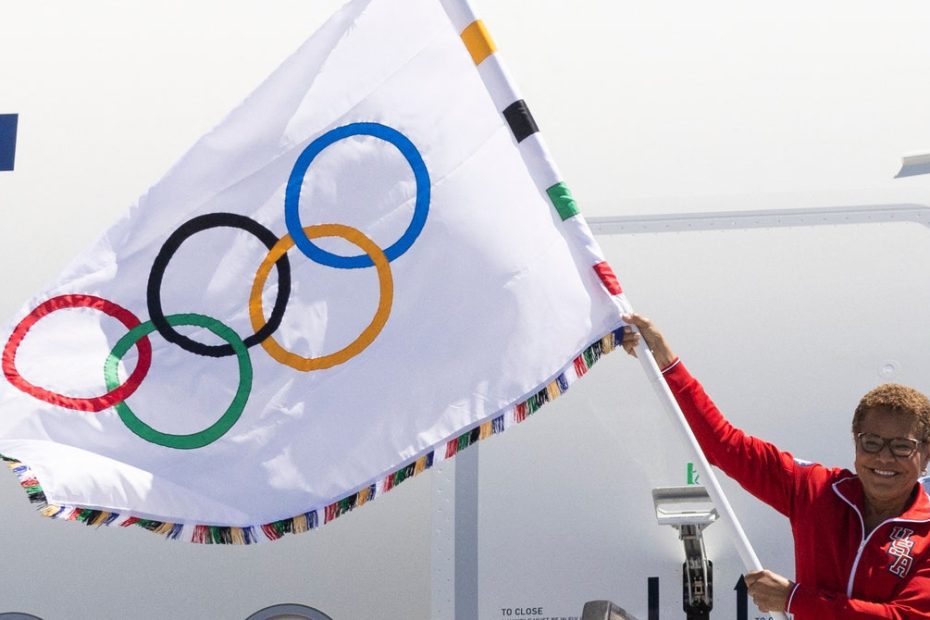What is undisputed is that beginning in the mid-1940s, powerful social forces transformed Los Angeles to the point where commuters had only two choices: drive or take the public bus. As a result, L.A. became so congested with traffic that it often took hours to get across the city.
In 1990, the Los Angeles Times reported that people were putting refrigerators, desks and televisions in their cars to get stuck in the horrendous traffic. A series of films, from Becoming ignorant from one moment to the next Unpleasant La La Landhave highlighted the next challenge of driving in LA.
Traffic was also a concern when LA hosted the 1984 Summer Games, but the Games went smoothly. Organizers convinced more than 1 million people to take buses, and they got many trucks to operate outside of rush hour. The 2028 Games, however, will have about 50 percent more athletes, meaning thousands more coaches, family members, friends and spectators. So simply dusting off plans from 40 years ago won’t work.
Olympic transportation plans
Today, Los Angeles is slowly building a more robust public transportation system. In addition to buses, it now has four light rail lines (the new name for electric streetcars) and two subways. Many lines follow the same routes that electric streetcars once ran. Rebuilding this network is costing the public billions, as the old system was completely dismantled.
There are three major improvements planned for the Olympics. First, L.A.'s airport terminals will be connected to the rail system. Second, the Los Angeles Organizing Committee plans to use buses to move people around. This will be done by moving a number of lanes away from cars and making them available for 3,000 additional buses, which will be borrowed from other venues.
Finally, there are plans to permanently add more bike lanes to the city. However, one major initiative, a bike path along the Los Angeles River, is still subject to an environmental review that may not be completed until 2028.
17 days car-free
I expect that the organizers will achieve a car-free Olympics, simply by making driving and parking conditions so bad during the Games that people are forced to use public transportation to get to sporting venues in the city. However, after the Games, most of LA will likely quickly revert to cars.
As Casey Wasserman, chairman of the LA 2028 organizing committee, recently put it, “The unique thing about the Olympics is that in 17 days, if you can set the rules — for traffic, for fans, for commerce — you can solve a lot more problems than you would in a normal day in Los Angeles.”

